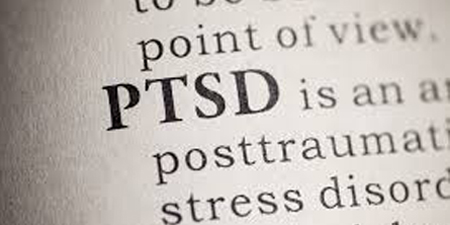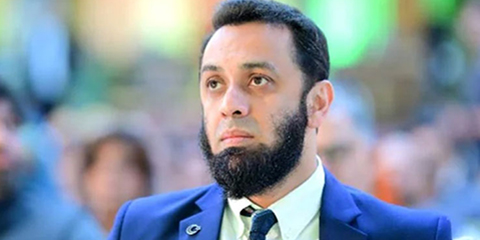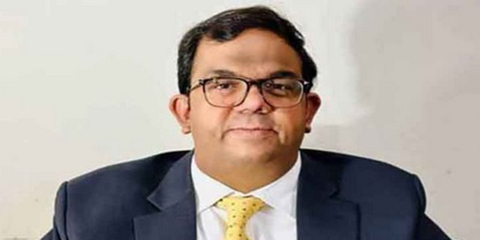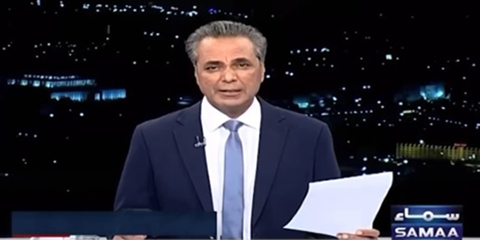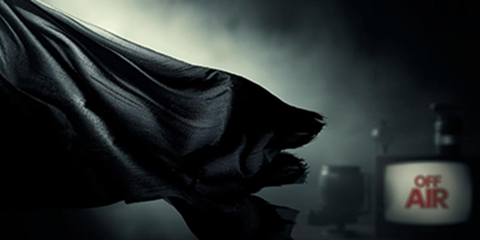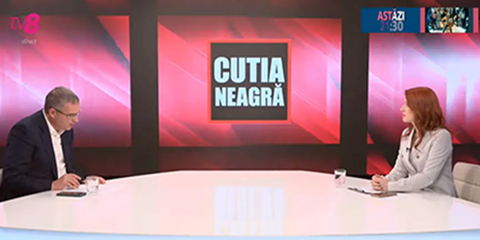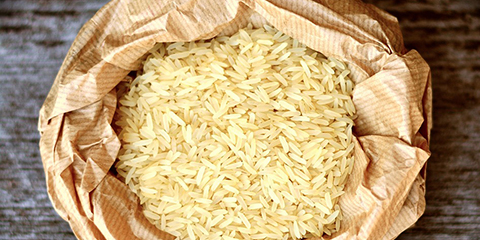Media must repair nation's psychological scars: paper
JournalismPakistan.com |
Published 8 years ago
Join our WhatsApp channel
ISLAMABAD – An op-ed article in The Express Tribune Saturday highlights how Post-Traumatic Stress Disorder (PTSD) symptoms continue to exist in the behavior of Pakistanis, thanks to excessive live media coverage of terrible incidents.
In the article titled Pakistan clamoring for the Ellen touch the writer Naveed Ahmad goes back to the days of the Soviet invasion of Afghanistan and points out since then there “have been back-to-back chilling incidents the (Pakistani) nation has gone through.”
Ahmad writes that since 2001, over 100,000 lives were lost at the hands of terrorists as well as fighting against terrorism that has left behind countless cases of PTSD in almost every Pakistani region.
The author then focuses on live television coverage of terrible incidents that have fanned depression to higher scales. “For the most part, scenes of carnage were video-graphed and telecast live. The running commentary was descriptive instead of informative. From earthquakes to plane crashes, and vigilante lynching of youth to suicide bombings, the reporting revived insecurity and fear of violent death.
The article says that content with unending supply of ‘breaking news’, media executives exceeded in real-time coverage of the happenings while ignoring to do follow-ups on them the next day or week.
“While wishy-washy counter-terror policies continued, adolescent and noisy media delivered massive doses of depression and anxiety through ‘breaking news’ as well as prime time talk-shows.”
The paper said now that violent streak has slid down significantly, the PSTD suffering still haunts the people at varying stages. “Apathy towards mental health is so alarming that the last study on PTSD dates back to 2013. According to an estimate, Pakistan has more dentists than psychologists and psychiatrists combined. The rehabilitation is far from possible when there is one certified expert for 100,000 PTSD patients. The country’s four public sector mental hospitals have combined capacity of 3,000 beds. The private sector does not fare any better too.”
The writer stresses that it is the media, which never confronted the authorities for not addressing the issue of mental health that needs to come forward to repair the psychological scars of the nation.
“Even TV dramas and movies aired on cable networks and displayed in theatres must pass the criteria of minimal violence. The more the people see targeted killings and suicide attacks, their trauma is replayed. Besides implementing a code of conduct for coverage of violence and disaster, there must be an editorial obligation to rehabilitate its victims.”
Ahmad thinks Pakistan needs a media outfitted with the touch of Ellen DeGeneres to transform its pain and suffering into shared laughter and mutual kindness.
“The dilemma here is not just who owns the media houses but lack of courageous leaders able to strike the near-perfect editorial balance between the need and the demand. What’s popular is not always what’s the most important. The entire media industry seems devoid of an impeccable plan to keep news TV networks afloat. Perpetual supply of trauma through live coverage of violence or despondent shouting matches at primetime epitomizes sadistic approach to journalism and business both.
“Greed won’t salvage the media empire but kindness sure can. If cynical, ask Ellen.”
Read Next
Why only Nukta, Mr. Minister? Media workers question government's selective support
November 06, 2025:
Information Minister Attaullah Tarar’s job offer to Nukta staff draws criticism as hundreds of journalists across Pakistan face layoffs, salary delays, and job insecurity.
Information Minister Tarar announces jobs for all 37 laid-off Nukta employees
November 06, 2025:
Information Minister Attaullah Tarar announces jobs for 37 laid-off Nukta employees, saying they will be placed at digital platforms within 48 hours amid growing media uncertainty.
Faisal Chaudhry’s viral one-liner on G for Gharidah steals the show
November 05, 2025:
PTI’s Faisal Chaudhry’s witty reply to Gharidah Farooqi on GTV’s “G for Gharidah” goes viral as a clip from their debate over the 27th Amendment sparks reactions online.
A digital dream falters: Nukta cuts 37 jobs in Pakistan after only one year
November 05, 2025:
Digital platform Nukta lays off 37 employees in Pakistan, including journalists and producers, highlighting the financial struggles facing new media ventures in a shrinking job market.
Talat Hussain says offensive viral clip was edited out, not aired on Samaa TV
November 04, 2025:
Talat Hussain denies airing the viral clip showing Sher Afzal Marwat’s vulgar remark, saying it was not part of his Samaa TV show.
PFUJ recalls November 3, 2007 emergency as Pakistan’s darkest day
November 03, 2025:
PFUJ recalls November 3, 2007, as Pakistan’s darkest day under Musharraf, urging protection for journalists and the abolition of laws threatening press freedom.
PFUJ calls for end to Impunity for Crimes Against Journalists
November 02, 2025:
PFUJ urges Pakistan’s federal and provincial governments to end Impunity for Crimes Against Journalists and ensure their safety and press freedom.
Global impunity for journalist murders worsens as Pakistan sees 60 percent rise in attacks
November 02, 2025:
Impunity for crimes against journalists deepens worldwide as Pakistan reports a 60 percent surge in attacks and weak enforcement of safety laws.




